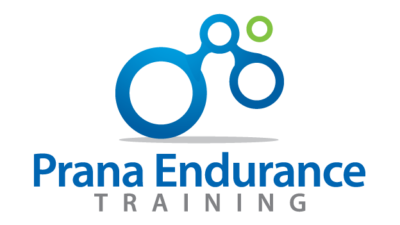Hiring a coach
With the beginning of the new year comes goal setting and planning for how to achieve those goals. Seeking out the perfect race or race destination for the upcoming season is exciting and rejuvenating at this point in the off-season . Whether your goal is to complete your first race, improve your times, qualify for Boston or win your age group - now is when runners often start seeking the help of a coach. Coaches are essential, not only to keep athletes accountable but also to safely guide them to a successful season. Finding a coach is not always easy and a huge part of the search is for the right personality fit and coaching style to bring out the best in you throughout the year. Below are some guidelines which will help in your journey to finding that perfect coach - good luck!
Commit to a relationship:First; are you sure you are ready to commit to a long term relationship? As with all new partnerships you will have a period of adjustment which is perfectly normal. This new relationship will be based on trust and an open dialogue. So, trust the professional you hire to do all the strategizing and planning, all you have to do is put in the work. Within a short period of time you will quickly know if it's a match or if it's time to look for another coach.
Courting:Think of it like dating. You have to get to know one another before knowing if you’re compatible. Make sure their philosophy and methodology compliment your lifestyle and goals. You might find that some coaches align themselves with long training miles which will require a big time commitment on your part. While others rely heavily on cross-training which might involve more gear or a gym membership. Some are very technical and hands on, where others prefer to be hands off. So, it is important for you to interview several potential coaches to ensure that you are both on the same page.
Expectations:Setting expectations and goals upfront is critical. Discuss your goals, limitations, injuries and even travel plans you might have. This will serve as a road map for your season. Along the way establish benchmarks where you can gauge progress to make sure you are still on track. This also helps you evaluate if the coaching is meeting your expectations and realign things if needed before you get too far into a season of training.
Feedback:With communication being key, your coach should provide clear instructions for each workout. At all times you should know the purpose or goal for the training phase you are in. Your job as an athlete is to provide your coach with honest feedback on each workout. To include how you felt, any pains, or discomfort you might be having during your training. Your coach relies heavily on this feedback and data to adjust your training as needed.
This relationship works best when both parties are invested. Most coaches are driven by the passion they have for the sport, so ask questions and make the most of your investment. As long as you put in the work, a good coach will work even harder to see you reach your goals.
